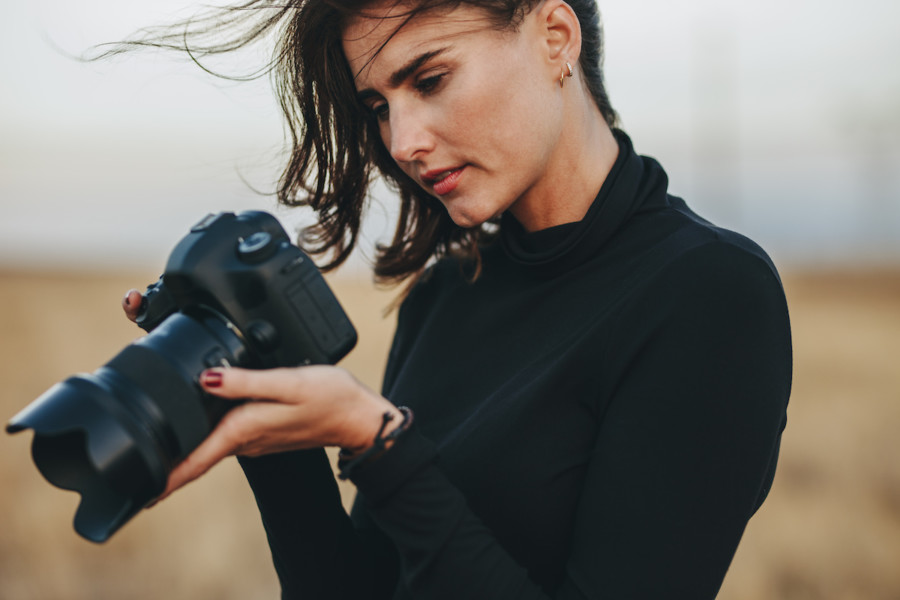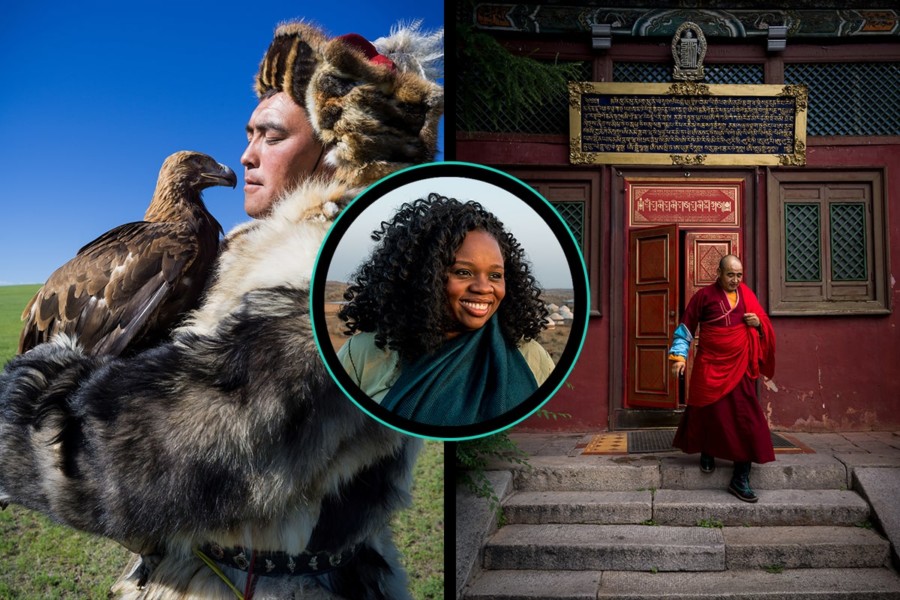Share
Expert Advice and Top Tips from Pro Photographers for 2024
What’s one piece of advice you would give to aspiring or up-and-coming photographers? We asked nine experienced photographers and PhotoShelter me...
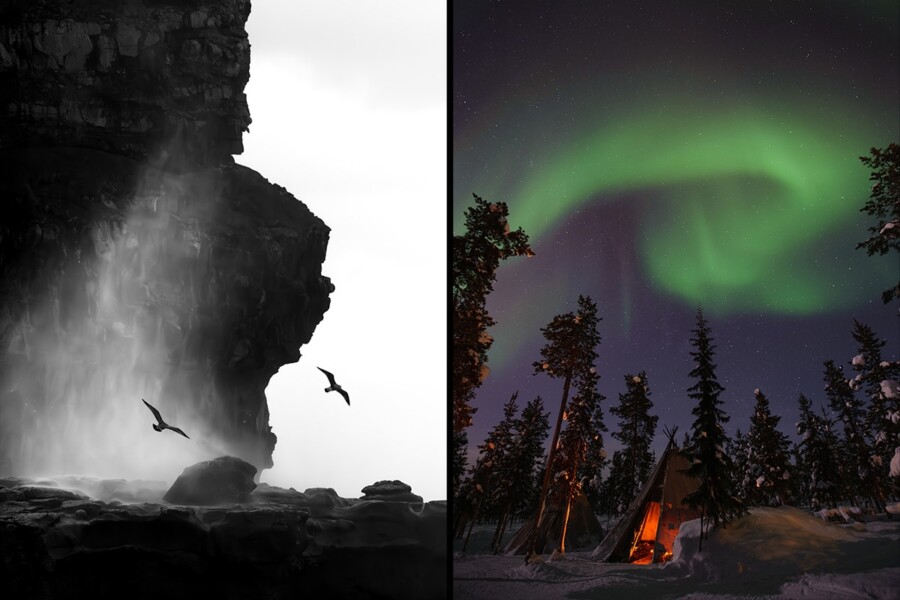
What’s one piece of advice you would give to aspiring or up-and-coming photographers?
We asked nine experienced photographers and PhotoShelter members to share their top tips for those looking to get ahead in their photography careers.
From finding your own visual voice to working with a mentor or photo assistant, each piece of advice listed here is a stepping stone toward success.
Read through the words of wisdom below, admire the featured photos, and walk away inspired for the year ahead!
Do you have advice for aspiring photographers? Tag PhotoShelter on social media and let us know.
Lola Akinmade Åkerström
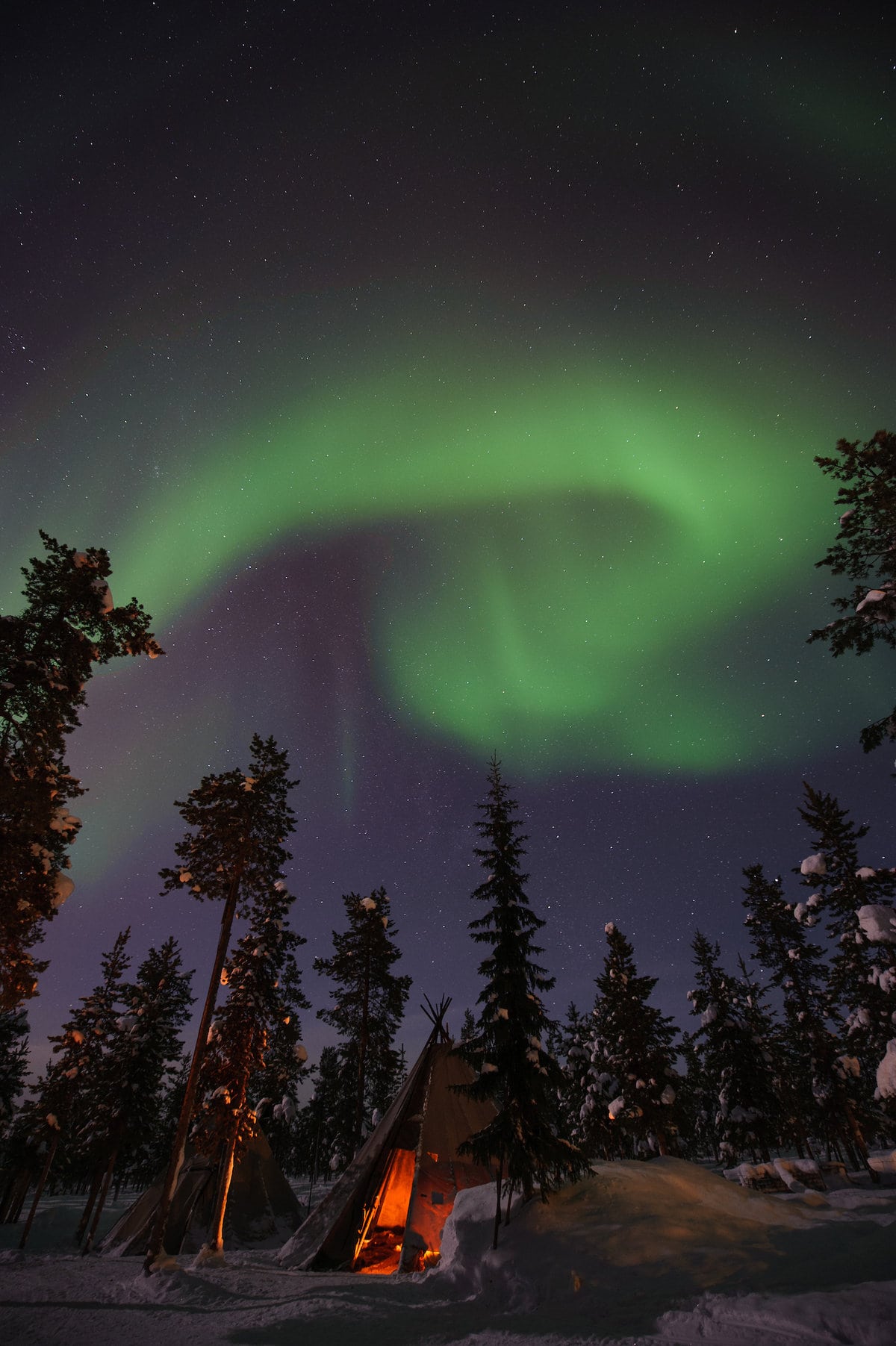
Lola’s advice: “Focus on honing your own visual voice and style first. Don’t try to fit your art and photography into other people’s narrow visions of what you should be photographing.
Work on personal projects that you are truly interested in and continue to invest in yourself through education so you can keep honing your craft.”
Darren Carroll

Darren’s advice: “Whether it’s natural or artificial, learn to ‘see’ ambient light – its quality, its direction, its intensity, its color. And use it to its full advantage.”
Jim Richardson

Jim’s advice: “Bottom line for photographers today: you’ve got to be interesting. Used to be photographers could get ahead by taking sharper pictures. Doesn’t work anymore: everybody takes sharp pictures these days. But you cannot survive if you take boring pictures (no matter how sharp they are).
Don’t chase equipment. A better camera will not turn a boring picture into an interesting picture. If you can’t take interesting pictures with an iPhone, then a Leica will not save you.”
Sara Kempner
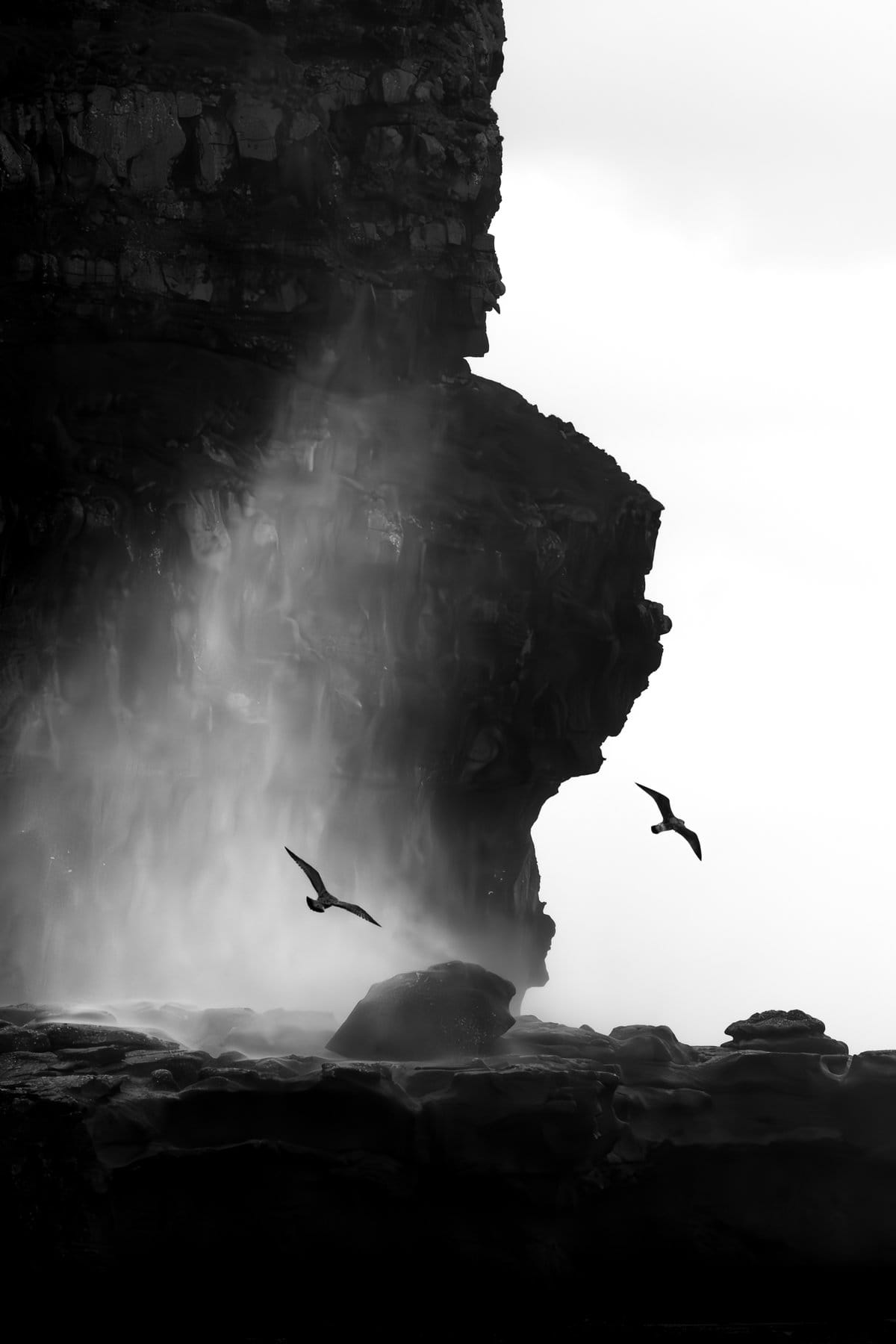
Sara’s advice: “If you can find another photographer that will allow you to assist them or be mentored by them, do it! Learning from those that have more experience than you is priceless, even if they shoot a different genre than you.
When I was starting out I assisted a wedding photographer, despite having no interest in photographing weddings myself. But I learned a ton from her, not only in the technicalities of taking photographs, but more importantly how to run a business, post-process photos, be a part of the industry, etc. And while it’s difficult, having someone critique your images is also invaluable.
We are emotionally attached to our own photos, so having an objective eye to give feedback can be really helpful in evolving your work.”
Miriam Alarcón Avila

Miriam’s advice: “Remember that when you are creating images, you are actually co-creating and connecting with the elements and persons in your frame, through the light that travels through the lens of your camera. So be patient and wait for that moment when each one of these elements become one.”
Jean Fruth

Jean’s advice: “Don’t overshoot. Digital cameras make it so easy to spray and pray. Slow things down and take more time thinking about the picture you want. Frame and compose with your vision.
Separate from the crowd of photographers all shooting the same thing. Step away and try to see something different. See what others don’t.”
Darina Kopcok

Darina’s advice: “If you are just starting out in business or are an emerging photographer, focus as much of your spare time as you can on pitching. Pitching to prospective clients every week will be a game changer in your business. It’s how I get most of my clients today and how I got most of them when I first started out and didn’t have much experience.
Crafting proposals and PDFs of curated images that speak to your target market will make you stand out and set you apart from the competition. It takes time and effort, but the returns are well worth the investment. You may not hear back from clients, but if you’re consistent and keep at it, your proposal will land at the right time with the right client.
Timing is everything in this business.”
Kevin D. Liles

Kevin’s advice: “Have patience. It takes years to be successful in this industry (as it is with most professions). I was a small newspaper photographer, then an assistant for 10 years, before I started freelancing on my own full time. It takes several years of shooting all the time to develop your vision, your way of seeing things, that makes you a valuable and sought-after visual artist. Be patient with yourself and just know that it takes time, lots of time, to be really good at this.”
Essdras M. Suarez
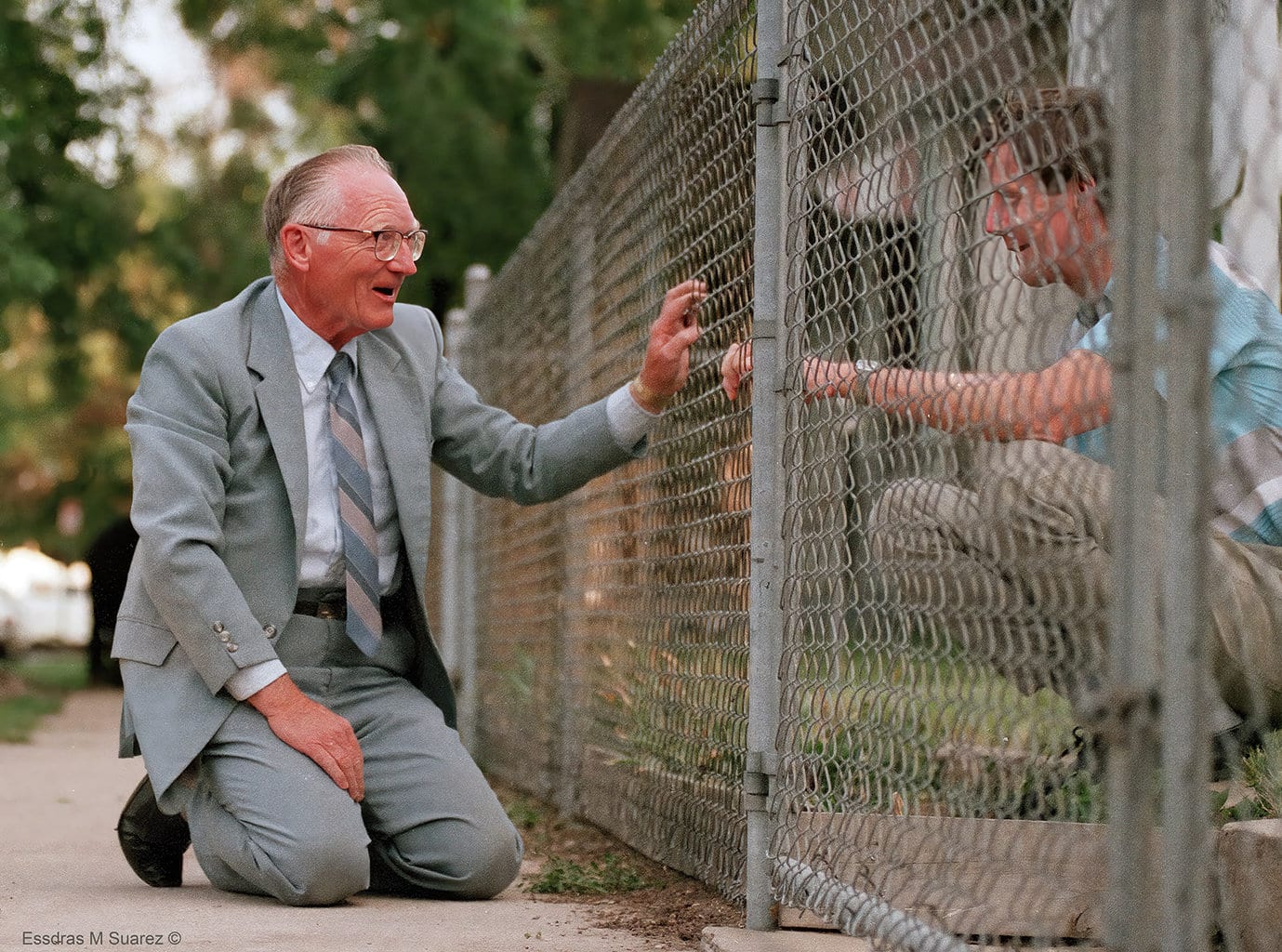
Essdras’ advice: “I would echo the sage advice given to me by Kent Kobersteen, the long-time director of National Geographic: ‘Assign yourself the work you wish to be assigned by others.’ This principle guided me at the onset of my career in Denver, where I immersed myself in photographing a modest neighborhood spanning five by two blocks, nestled on the city’s fringe and across the railway tracks. It was in this locale that I honed my ability to truly see, to weave a narrative, to capture the beauty and significance of decisive moments.
But above all, it was here that I came to fully appreciate the wisdom imparted by one of my earliest martial arts instructors: ‘Walk through the world with an open heart, an open mind, and an open spirit.’ It was here that I began to shape a maxim that would guide my photography career: to truly understand the soul of any place, one must let go of preconceived notions and one’s own ego.”
